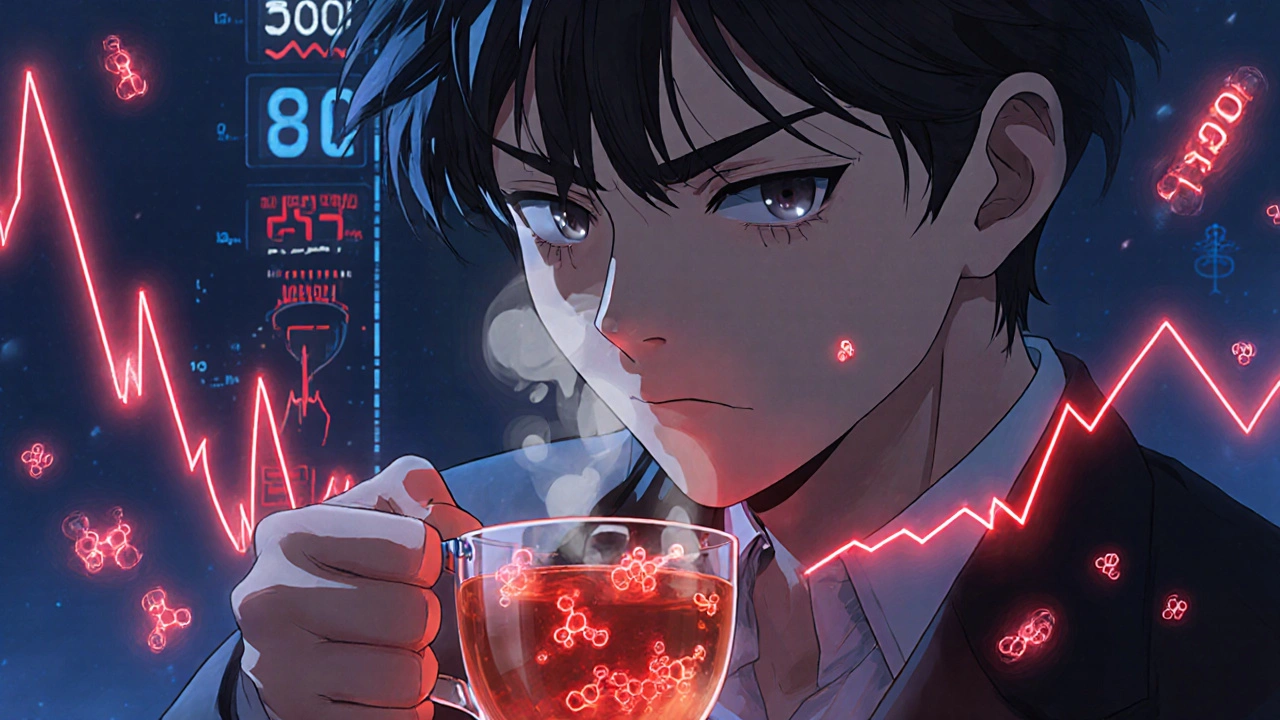
Glycyrrhizin: What It Is, How It Works, and What You Need to Know
When you hear glycyrrhizin, a naturally occurring compound found in licorice root that has been studied for its anti-inflammatory and antiviral properties. Also known as glycyrrhizic acid, it's not just a flavoring agent—it's a bioactive molecule with real effects on your body's systems. You’ll find it in herbal supplements, traditional medicines, and even some cough syrups. But here’s the catch: it’s not harmless. Too much can raise your blood pressure, mess with your potassium levels, and even interfere with medications like diuretics or steroids.
Glycyrrhizin works by slowing down how fast your body breaks down cortisol, the stress hormone. That sounds good—until your cortisol sticks around too long. That’s why people using licorice supplements for weeks end up with swollen ankles, headaches, or muscle weakness. It’s also linked to liver support in some studies, but that doesn’t mean it’s safe for everyone. If you’re on blood pressure meds, thyroid meds, or anything that affects your hormones, glycyrrhizin might not play nice. And if you’ve got kidney issues or heart problems? Skip it unless your doctor says otherwise.
It’s not all risk, though. In controlled doses, glycyrrhizin has shown promise in reducing liver inflammation and helping with viral infections like hepatitis. Some research even looks at its role in soothing digestive irritation. But here’s what matters: you won’t find it labeled clearly in most OTC products. It hides in "licorice extract," "natural flavor," or "herbal blend." That’s why knowing what you’re taking is half the battle.
The posts below cover real-world cases where glycyrrhizin shows up—sometimes as a hidden player in drug interactions, sometimes as a natural alternative people turn to when conventional meds don’t cut it. You’ll find how it compares to other herbal compounds, what symptoms to watch for if you’ve overdone it, and how it fits into broader topics like liver health, immune response, and chronic inflammation. No fluff. No marketing. Just what you need to know before you take another pill.

